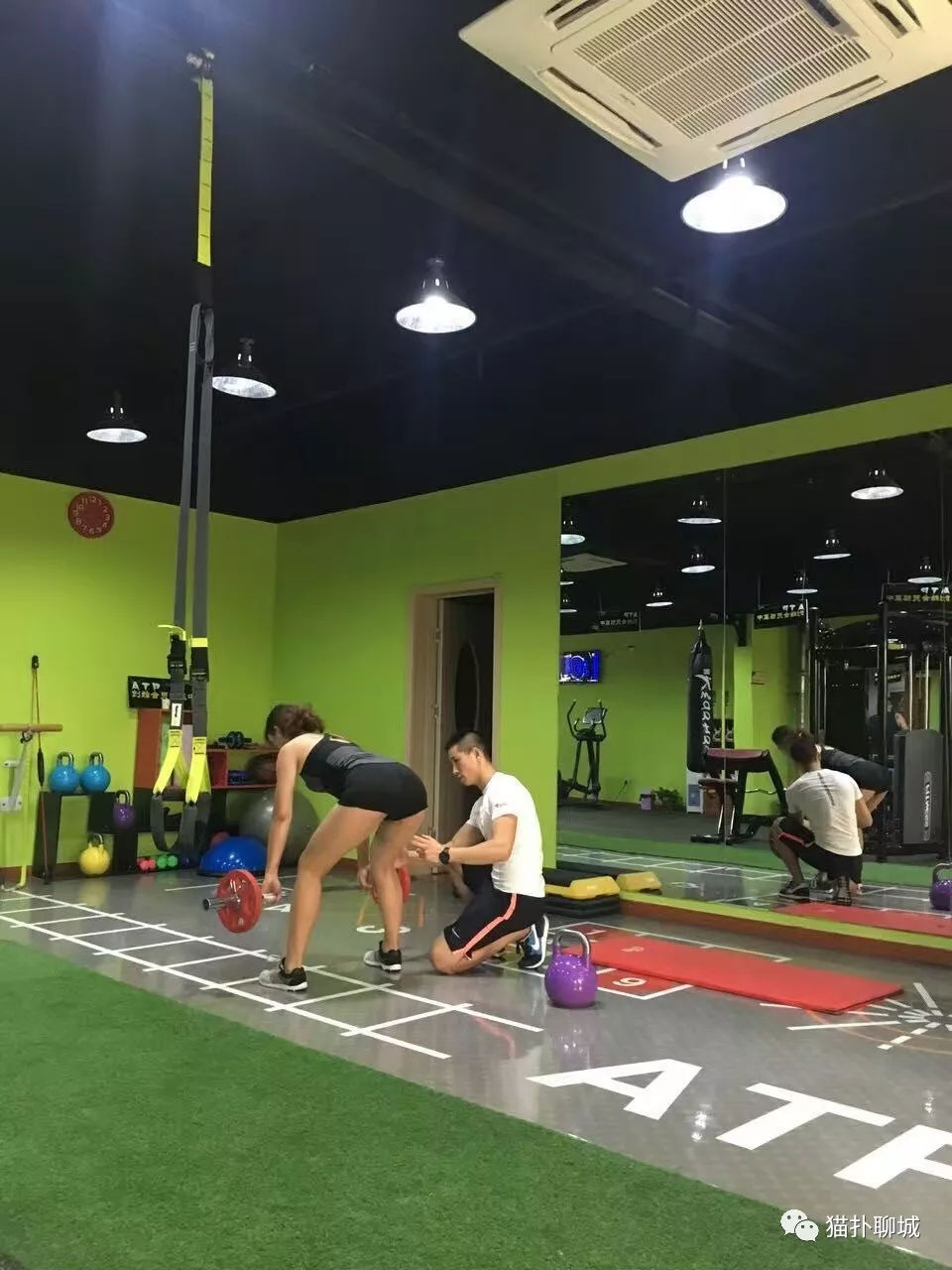advantages and disadvantages of bodybuilding
bodybuilding, like any other physical activity or sport, has its own advantages and disadvantages. Here are some of the key advantages and disadvantages of bodybuilding:
Advantages of Bodybuilding:
Improved Physical Fitness: Bodybuilding helps improve overall physical fitness by increasing muscle strength, endurance, flexibility, and cardiovascular health. Regular weight training and exercise routines can lead to a healthier and more resilient body.
Muscle Development: Bodybuilding focuses on developing and shaping muscles through targeted resistance training. This can result in increased muscle mass, improved muscle definition, and a more aesthetically pleasing physique.
Increased Metabolic Rate: Engaging in bodybuilding can lead to an increase in metabolic rate. Building and maintaining muscle requires more energy, which means the body burns calories at a higher rate even at rest. This can be beneficial for weight management and maintaining a lean body composition.
Bone Strength and Density: Bodybuilding exercises, particularly weight-bearing exercises, can help improve bone density and reduce the risk of osteoporosis. Regular resistance training puts stress on the bones, which stimulates them to become stronger and denser over time.
Discipline and Goal Setting: Bodybuilding requires dedication, discipline, and a structured approach to training, diet, and lifestyle. It teaches individuals to set goals, work towards them consistently, and develop self-discipline, which can be applied to other areas of life as well.
Disadvantages of Bodybuilding:
Risk of Injuries: Intense weightlifting and heavy resistance training increase the risk of injuries, particularly if proper form and technique are not maintained. Injuries can range from muscle strains and joint problems to more severe conditions like herniated discs or tendon ruptures.
Time and Commitment: Bodybuilding requires a significant time commitment. It involves regular workouts, meal planning, and sufficient rest and recovery. This level of dedication may be challenging for individuals with busy schedules or other commitments.
Dietary Constraints: Bodybuilding often requires strict dietary guidelines, including calorie counting, macronutrient tracking, and meal timing. This can be mentally and emotionally demanding for some individuals, leading to potential stress, disordered eating patterns, or an unhealthy relationship with food.
Social Impact: Bodybuilding may affect an individual's social life and relationships. The strict training regimen and dietary restrictions can limit social activities, such as dining out or attending events that involve unhealthy food options. Additionally, the pursuit of an ideal physique may lead to body image concerns or obsession, impacting self-esteem and social interactions.
Long-Term Health Considerations: While bodybuilding can have numerous health benefits, extreme practices or the misuse of performance-enhancing substances can have negative long-term effects. Excessive training, inadequate recovery, and the use of anabolic steroids or other substances can lead to hormonal imbalances, organ damage, cardiovascular issues, or psychological disturbances.
It's important to note that the advantages and disadvantages listed above may vary depending on individual circumstances, training methods, and the overall approach to bodybuilding. Consulting with a qualified fitness professional or healthcare provider can help ensure a safe and balanced approach to bodybuilding.
Please indicate the address of this article for reprint https://www.sportshealthprogram.com/body-building/202306292.html





















